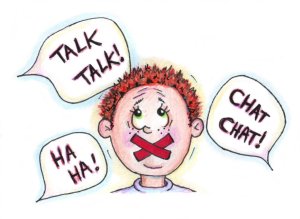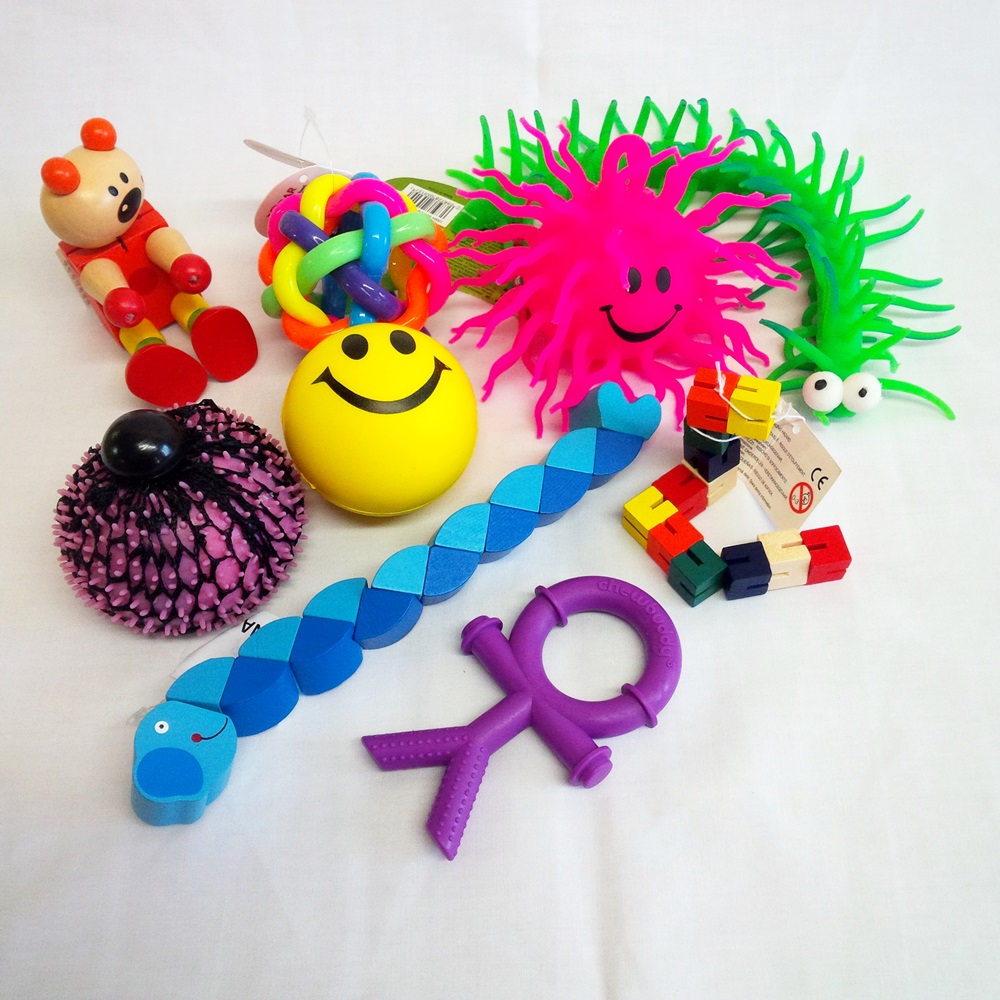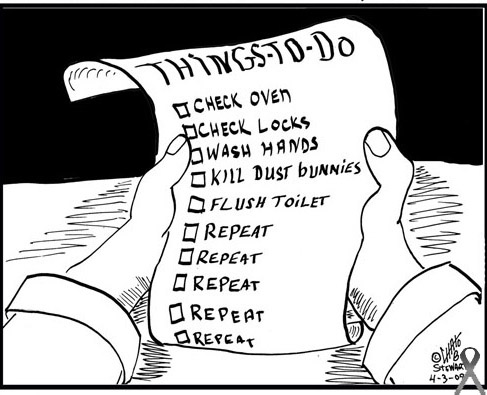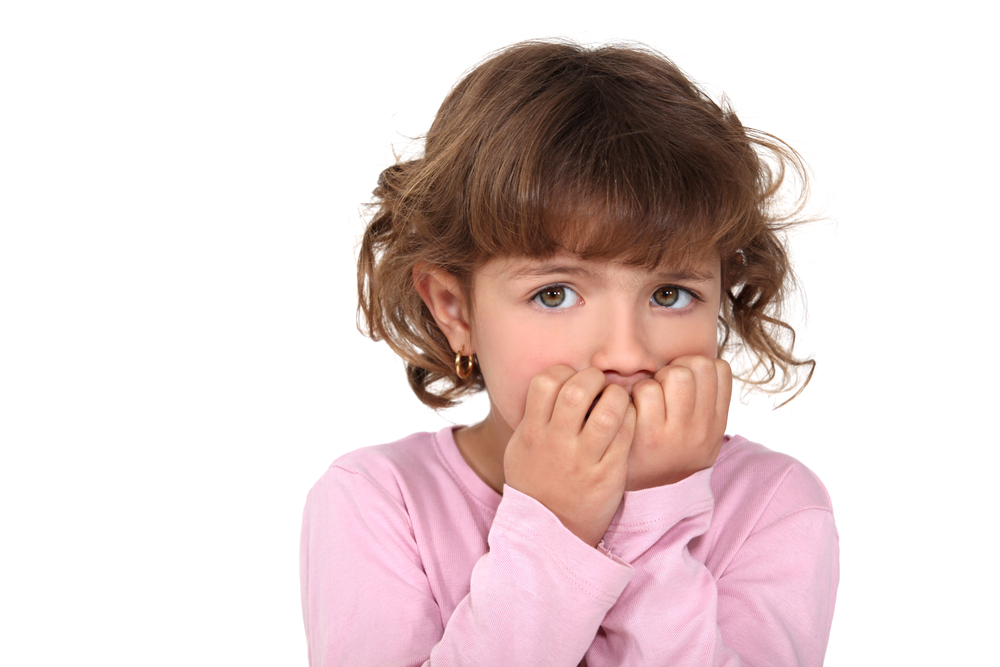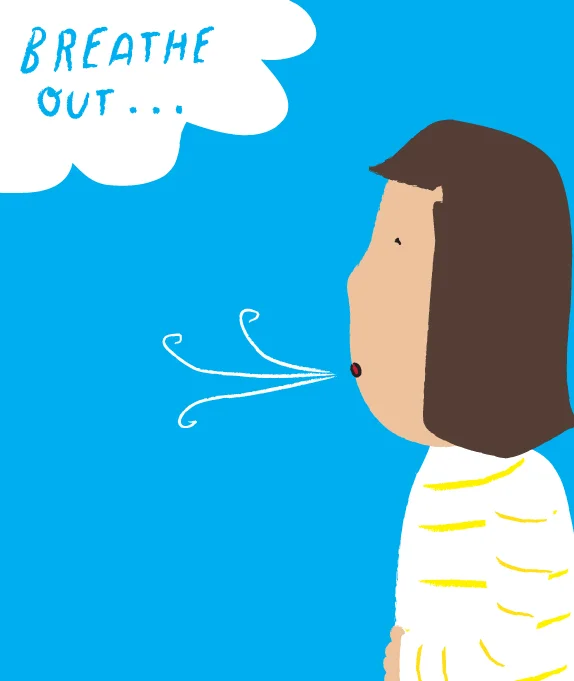Medication and Children’s Mental and Behavioral Health
by Patience Domowski, LCSW
Should I put my kid on medication?
Many parents wonder this when their child is struggling with mental health issues. Is this just a ‘quick fix’? Is medication going to harm the child worse than their diagnosis already affects them? It’s a difficult decision and many parents worry about side affects, addiction, and long term necessity. Many parents have heard horror stories of kids over medicated. The stories in the media are mostly negative, and most of the information about medication that is commonly known isn’t always accurate too. So how does one make that decision?
While it’s a personal decision to be made by the parent(s), and perhaps the child, (if the child is of age to make that decision, such as a teenager), here are some helpful things to consider when trying to decide what the best course of treatment is. Consider some other options for treatment before going the medicine route, except in certain situations, to be discussed below.
Treatment Options
First, try therapy. If your child is able and at least moderately willing to attend sessions, try a behavioral therapist to help with the child’s emotional or behavioral issues. Often the coping strategies taught in sessions are sufficient, and medication is not even necessary. Children with ADHD can learn some tips and tricks to help focus, kids with anxiety can learn some coping skills to calm themselves when anxious, and parents can learn some ways to better manage their child’s behavioral symptoms and emotional distress. Most child behavioral therapists will teach the parents some ways to handle the child’s behavior including ways to help calm the child when they are angry or anxious, and some behavioral strategies such as reward charts and consequences to utilize at home. There are behavioral therapists that are in offices, some that come to the homes, and some that work in the schools. Find out what is best for your child and what is available in your community, by asking your insurance agency, pediatrician, or school guidance counselor for suggestions.
If the problem occurs at school, get help from the school. If the child’s behavior is affecting their schooling whether it’s acting up in class, panic attacks that send them to guidance frequently, or the child is unable or unwilling to complete homework, ask the school for help. The school can evaluate the child to see if they qualify for an IEP for 504. If the child meets the requirements they can get extra formal and informal supports and services from the school district.
What if therapy doesn’t work?
If therapy and school supports are not sufficient, or the child is unable to even participate in therapy or school programs due to their emotional state or extreme behaviors, then it is time to consider medication. The question as to how long to wait to see if therapy and school supports are helpful enough will vary per child, however a few months is often a good time, and asking the school and therapist about this is a good option.
For example after several months of school interventions the child is still unable to focus, has frequent anger outbursts and can’t seem to control them, or other issues, it may be time to consider another path of treatment. Or after several months of therapy the anxious or depressed child is not seeing results, they are unable to do the skills at home, or the results are very minimal, they may need medication to help them achieve the ability to try the skills learned at home or school.
Do children ever absolutely have to be on medication or aren’t candidates for therapy?
Technically no, you never ‘have’ to put your child on medication, but sometimes it is strongly advised. Not every child qualifies for or would benefit from the same types of therapies. There are different options to consider to see what best fits your child’s needs. Some children need high levels of care such as hospitalization, or residential treatment, while most only need outpatient (office-based) therapy, or home based therapy.
In some cases it may be necessary to start medication immediately, prior to implementing other treatment options. If the child is extremely suicidal, has severe panic attacks on a very frequent basis, cannot focus or sit down long enough to learn in school or participate in therapy, or their behaviors are so extreme they include aggression, inability to reason (think logically), or have dangerous behaviors such as severe aggression or impulsivity, it may be imperative to start medication before, and in conjunction with, other treatment options. Sometimes children are too affected by their symptoms to even learn coping strategies in therapy or to learn and respond to school that they need something to settle them down before they can try other options.
Can my child get off their meds or are they on it for life?
Once the child, or teen, is able to settle down, because of the medication, they are better able to learn coping strategies. Often the medication takes the edge off enough that they can think more clearly, make better decisions, and use the skills and strategies that the therapist and teachers are trying to teach them. Most professional recommend a combination of both medication and therapy to best treatment.
Often kids are able to get off of medication over time, when they show progress using their strategies. Some kids are only struggling temporarily perhaps due to trauma, parent’s divorce, being bullied, or other life event, and after they have processed their feelings from these events are able to move off their medication as well. Sometimes children will be on medication for a long time however. Some children may continue to have their symptoms into adulthood. Talk to your doctor about the length and likelihood of medication for your child, as it varies per person. It may be hard for your doctor to tell you how long the child will need medication as their response to the treatment will vary.
What about side affects?
Side affects and effectiveness of medication is a real concern. Most side affects go away in a few days, and some medication works immediately (most ADHD meds) while others can take up to a month to see effectiveness (most anxiety/depression medication). If the medication is causing severe problematic side affects you should call the doctor immediately and see what they recommend. Don’t just pull your child off of certain meds that need to be tapered off, of there can be worse symptoms. If the medication isn’t working, talk to the doctor and they may increase the dose slowly, or try a different medication. They are many medications for each diagnosis, so they are several treatment options out there, not just the first one your doctor recommended. Some doctors can do genetic testing that will test the effectiveness of medication for your child and even side effects, before the child/teen even starts the medication. This may be a helpful option for some families.
Could my child become addicted to their medication?
Often parents worry about long term addiction to medication, or the child is never able to learn to live without it. While that could occur certainly, often children and teens are able to learn other coping strategies and are able to wean off the medication at some point in their lives. Also the medication should be closely monitored by the doctor to make sure no other issues are starting. People with ADHD and bipolar are far more likely to become addicted to illegal drugs than medication, as they often will ‘self medicate’ with drugs and alcohol to control their symptoms. It is much healthier to have them on legal medication that can meet their needs and is controlled by a doctor, than for them to turn to other unsafe methods to meet their needs. If the child is extremely suicidal, aggressive, or impulsive the risks of medication may outweigh the risks of non-medication due to the child’s likelihood of harming themselves or others from their symptoms.
How does medication help?
How does medication help? It fills in the chemicals in the brain that are ‘missing’ or reduced in the brain that are causing the child’s symptoms. Often behavioral problems and mental health disorders are genetic, in that they are passed down biologically, or occur randomly in the child’s brain. It is not the parent’s fault, or the child’s fault. It just happens. Sometimes however problems can occur from environmental issues such as the child being raised in a stressful or difficult family situation, significant issues at school, a traumatic event, or significant loss. Then these situations ‘cause’ the diagnosis to some degree. Often there is a both a genetic and environmental factor that combine to cause the disorder, and fixing the brain chemicals can be done by treating with medication, and also by changing brain pathways in therapy in learning new ways to re-train or think about things differently and therefore respond, cope, in a better way.
Is there a medication for behavioral issues like ODD?
Oppositional Defiant Disorder is one diagnosis where there is not a specific medication or even category of medication for it specifically. While ADHD has a variety of meds to choose from, including stimulants, and nonstimulants, and there are numerous meds for anxiety and depression, and antipsychotics and other types of medication for certain disorders, there is not really anything specific for ODD. ODD is best treated with behavioral interventions. However if the child is experiencing depression symptoms along with their oppositional behavior, such as chronic sadness, frequent and prolonged anger outbursts, or aggression, there are medications that can address some of these issues. Medication for depression can help with these other symptoms to help the child be able to think more positively, be more flexible in thinking which can then help behavior. There are also medications for aggression and impulsivity that calm the body down to help the child stop and think and slows their impulses. If you aren’t sure if your child can be helped by medication for their behavioral issues, ask their doctor.
Who should I have prescribe the medication?
For children, often their primary care doctors, such as family doctors or pediatricians, will prescribe medications. Sometimes they will only prescribe something initially to start with and then refer you to a psychiatrist, other times they will handle the medication long term. Some pediatricians specialize or have a lot of experience handling emotional issues, or ADHD for example, and have no problem managing the medication, however others are reluctant to do so. Some children respond to the first medication and others need to have it figured out. If its more complex than just trying one medication, often pediatricians recommend to see a psychiatrist. A child psychiatrist specializes in handling medication for children and knows much more about these issues than a general physician would. They are the best option most of the time. Sometimes neurologists will handle medication for children with ADHD, and sometimes other diagnoses too.
What if my child refuses to take their medication?
Often children will refuse to take medication. Sometimes it’s just that they don’t like how it tastes or feels in their mouth, other times its because they are being teased about it from siblings or peers, or they aren’t sure it will help them. Making it easier for them to swallow by putting the medication into food can help, as well as providing them education on how it can help them. Often children report they feel much better on their medication and look forward to taking it. If they are refusing to take it because they don’t think they need it, have them talk directly to their prescribing doctor and/or therapist to discuss these issues. If they are not taking it because of behavioral reasons, a simple reward system for taking their pill daily can often be the best solution.
My child’s other parent refuses to allow them to take medication
This is a common problem, especially in divorced families. Often one parent doesn’t see, or believe, the same behaviors and symptoms that the other parent witnesses. Sometimes parents have personal reasons, have heard horror stories, or have bad experiences with medication themselves that they are not open to this type of treatment. It can be helpful for that parent to participate more in the child’s therapy, school support meetings, and attend the doctor’s appointments so that parent can discuss their concerns with the doctor and others involved in the child’s treatment. It may be helpful for the child to communicate directly to the other parent if they want to take medication (often teens ask for anti-depressants for example), so it’s not just coming from the other parent. In the end however if the child is underage both parents have to agree and sign off on medication. Perhaps asking the other parent to just allow it for a trial period to see if anything improves may be a good resort. Have them take data of the behaviors or feelings before and after the medication to see the results themselves.
Personal Note
Personally, as a behavioral therapist, I often do not recommend medication right away, because most children respond pretty well to behavioral therapy, and having parents involved in therapy and willing to take the therapist’s suggestions and try them at home, is often sufficient. However sometimes there are times, as mentioned above, where medication is necessary. I recommend medication sometimes after trying therapy for a little while without a lot of progress, or in some extreme situations where it is necessary to go ahead with it sooner rather than later. I support parents’ desires to make informed decisions regarding their child’s treatment while also encouraging an open mind to other forms of treatment available. Parents are often surprised to learn that there are many other children already on medication and it makes a huge different in their child’s life. Some parents are so happy to finally see progress from something that is very simple to implement. Often the information parents have on medication is outdated, as things have changed since the ‘ritalin age’ where kids were over-diagnosed with ADHD and over-medicated with Ritalin for example. Now there are more options out there and more information. I encourage parents to research and ask questions and find a doctor that can help.
Other helpful articles and information
http://www.aacap.org/aacap/families_and_youth/facts_for_families/FFF-Guide/Psychiatric-Medication-For-Children-And-Adolescents-Part-I-How-Medications-Are-Used-021.aspx
http://kidshealth.org/en/kids/ritalin.html?ref=search&WT.ac=msh-p-dtop-en-search-clk
http://www.specialneeds.com/children-and-parents/general-special-needs/behavioral-problems-and-medication-kids









